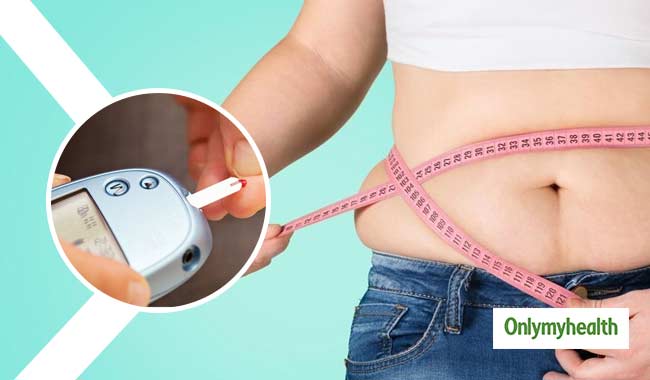
Obesity is the root cause of many serious health issues. But a person suffering from type 1 diabetes as well as obesity is at a higher risk of some serious health issues. According to a recent study, obesity can interfere with the reproductive health of a woman with type 1 diabetes.
The study reveals that obesity can increase reproductive problems in women suffering from type 1 diabetes. Previously various studies have shown that type 1 diabetes leads to irregular menstruation cycle and lowers the fertility rate. But this recent study which was presented at ENDO 2019, the Endocrine Society's annual meeting in New Orleans, LA focused on the reproductive that may arise due to obesity and type 1 diabetes.

Also read: 5 Ways To Lower Your Ovarian Cancer Risk
The lead researcher Eleanor Thong, M.B.B.S., Monash Centre for Health Research and Implementation, Clayton, Australia shared that women who are suffering from type 1 diabetes are at a risk of significant reproductive problems. Even the presence of current improved therapies cannot help majorly due to the high prevalence of obesity in the group.
For the study a total of 23,752 women aged 18-23 and 34-39 were examined. Out of the total, 162 women had type 1 diabetes, Whereas, 24 per cent of women with type 1 diabetes were obese. The study concluded that 47 per cent of the female suffered from irregular menstruation whereas 14 per cent of the women suffered from PCOD (polycystic ovarian disease) and diabetes was found common in all the cases.
Also read: Everything you need to know about type 1 diabetes mellitus
PCOD is polycystic ovary disease. As the name implies it means that there are many cysts in ovaries ( cysts are fluid-filled sacs). Ovaries are female organs which produce female hormones which are responsible for both, menstrual period and pregnancy. The cysts produce male hormones instead of female hormones and hence one has problem in getting their regular menstrual period and later in pregnancy.
How we keep this article up to date:
We work with experts and keep a close eye on the latest in health and wellness. Whenever there is a new research or helpful information, we update our articles with accurate and useful advice.
Current Version